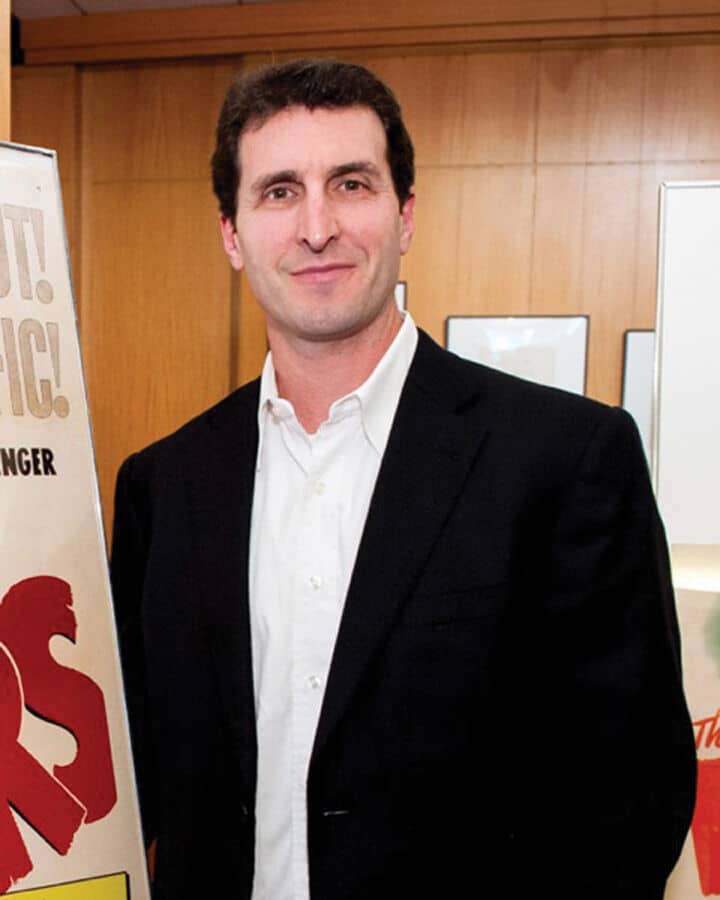A lot happened in American politics four years ago, and the four-hour miniseries “The Comey Rule,” which began streaming last month, brings it all back. Focusing on FBI Director James Comey in the months just before and after the 2016 presidential election, it covers the Hillary Clinton email investigations, the investigation of Donald Trump’s ties with Russia, Comey’s fateful decision to announce a reopening of the Clinton investigation just 11 days before the election (which many say cost her the election), and the uneasy relationship between Comey and Trump during Trump’s first months in office—right up until Trump fired him in May 2017.
The miniseries is partly based on Comey’s book, written just after his firing: “A Higher Loyalty: Truth, Lies, and Leadership,” released in April 2018. The title refers to Trump’s insistence on Comey’s personal “loyalty” regarding the criminal investigation into Michael Flynn in a private meeting in January 2017, and how Comey relies instead on a “higher loyalty” to the ideals of justice and truth.
After a Malibu Film Society online screening of the cable miniseries, writer/director Billy Ray, who has been staying in Malibu, participated in an audience Q&A Zoom session.
When asked how he became involved in this project, Ray said he had been looking to write something about the Trump presidency and got a call from one of the producers asking if he would be interested in writing a screenplay based on Comey’s book. He jumped at the chance.
“It was a story I wanted to tell,” Ray said.
Although Ray is probably best known for his screenplays for films like “Captain Phillips” and “The Hunger Games,” he also has a strong political bent. Two of his other films were also true Washington stories, including “Shattered Glass,” the story of New Republic journalist Stephen Glass, and “Breach,” about a high-ranking FBI official who became a Russian informant.
“The Comey book was just a jumping off point,” Ray explained, detailing all of the additional personal research he put into writing the screenplay. “I went to Washington, DC, and did more research, just like a journalist. I went to the FBI, the White House, et cetera, got lots of perspectives to draw from, and they all got baked into the story.”
Ray detailed some of what he learned while researching.
“James Clapper, who was the director of National Intelligence—and who would therefore know—told me that the deciding factor in the 2016 election was not Comey, it was the Russians, and that changed my view of a lot of things,” Ray continued. “It also created, for me, much more urgency to get this thing made and to get it out there before the 2020 election.”
“I’ve now known Jim Comey for two-and-a-half years,” the writer/director continued. “He has enormous integrity and is a public servant to his core, but he also has Shakespearean level flaws.”
Ray said he was not a huge fan of Comey going in, and made no secret about that, yet Comey still approved him to write the screenplay.
“I wouldn’t have picked me to be the screenwriter based on how I felt about James Comey,” he joked.
The miniseries takes viewers into the private meetings at the FBI where so many fateful decisions were made—the communication and investigation of the Clinton emails, Trump’s ties to Russia and Michael Flynn. Even if some viewers don’t agree with the FBI decisions, the way Ray wrote and directed the scenes at least explains the logic of how Comey arrived at those decisions. Comey, very often, was between a rock and a hard place.
“This miniseries is not an apology for James Comey, nor was the goal to idealize him,” Ray remarked, “but the process and his intentions were pure … There was nothing that didn’t scare me about this project—it’s the first time I felt like I was making a movie for my country.”
Ray tried to present the events depicted as objectively as possible.
“People can make up their own minds about whether they want Russia to pick their president a second time in a row,” he quipped.
“I have been watching for three years as Donald Trump kept describing a group of people as the ‘Deep State,’” Ray explained. “As it turned out, the people he was calling the Deep State are patriots—public servants that work in government and care deeply about America and our democracy—people like career diplomats and prosecutors.”
“The Comey Rule,” starring Jeff Daniels, is available on streaming services.


